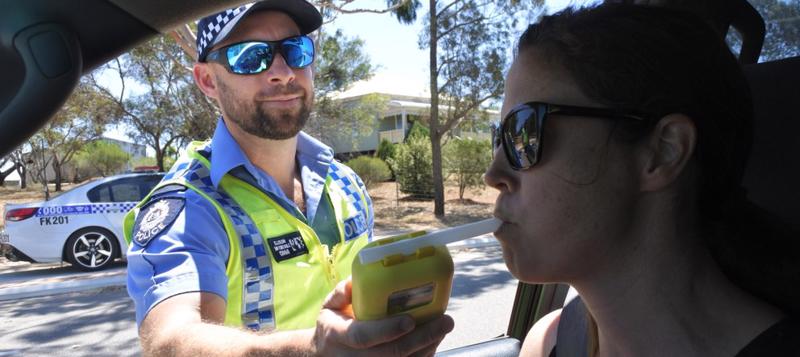In Oregon, Field Sobriety Tests are considered to be a search, and in Oregon, you can refuse or decline a search. However, in some circumstances, your refusal can be used against you.
Should I Refuse to Take the Field Sobriety Test?
The answer is yes, in most cases. It is a complex area of search and seizure and DUI law. However, a police officer who requests Field Sobriety Tests, in most cases, have already made up their mind. They are going to arrest you for a DUI. This means they are just collecting more incriminating evidence using Field Sobriety Tests for a DUI crime. These are hard tests to perform without making mistakes, and anything that you do poorly or incorrectly will be used against you to imply that you were drunk.
Do I Have the Right to Refuse a Breathalyzer Test?
Yes, you do.
Should I Take a Breathalyzer Test?
This area of DUI administrative and criminal law is quite complex. If possible, you should first talk to an experienced DUI lawyer before you refuse to take a breath test following a DUI arrest. However, if you are not able to talk to an attorney, the most conservative way to approach it would be to take a breath test. If you don’t hold a Commercial Driver’s License, have not had any previous DUIs, and are eligible otherwise for the DUI Diversion Program in Oregon, then the DUI criminal charge will ultimately be eligible to be dismissed. Therefore, on a first DUI, your breath test BAC reading is not very important.
However, if you hold a CDL, have a previous DUI, or are ineligible otherwise for diversion, then you might want to decline to take the breath test in order to limit the evidence that the government has against you, and to preserve your rights for challenging the case that the government takes against you.
What are the Penalties for Refusing a Breathalyzer?
Your driving privileges will have a longer administrative suspension. You might also be given a ticket for refusing a Breath Test. A fine of $650 might be imposed. The fact that you refused to take a breath test might also be brought up at your trial. The police officer might also apply to get a warrant for having blood drawn using a needle.
How long will your license be suspended if you refuse to take the breathalyzer test?
It will depend on what your driving history is – specifically whether you have had any prior DUIs or not. Refusing to take a breath test will most often result in your driver’s license being suspended for one year, or you could get a three-year suspension. Refusing the breath test will also result in a long wait to receive a hardship permit.
Overall, Should I Refuse to Take DUI Tests?
The first thing that you need to understand is that Oregon DUI cases are extremely fact-dependent. Also, DUI law is among the most complex and voluminous of all criminal defense law areas in Oregon. As a general rule, however, the following are some guidelines you can use when you are accused in Oregon of DUI:
- Provide your proof of insurance, registration, and license.
- State your right to remain silent. Although that might sound counter-intuitive. However, you need to state out loud that you are not going to answer any questions and are going to stay silent.
- Do not answer any questions about where you had something to drink, where you were headed to, or where you have come from.
- Do not consent to your backpacks, purses, person, or car being searched.
- Decline to take Field Sobriety Tests. Also, don’t offer any excuses or an explanation. You do have the right to refuse to take the tests.
- Contact an attorney if you are asked to take a breath test. Ask for your cell phone, auditory and visual privacy, and 20 minutes to try to consult with a lawyer.
- If you are unable to reach a lawyer, see if you can find answers to the legal questions that you have online.
If you are unable to reach a lawyer and you do not have any priors, then take the breath test. If you do have priors – you might want to refuse to take the breath test. Always remember to stay respectful, calm, and do not threaten or physically resist the arresting officer.



